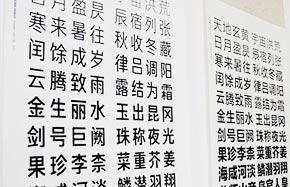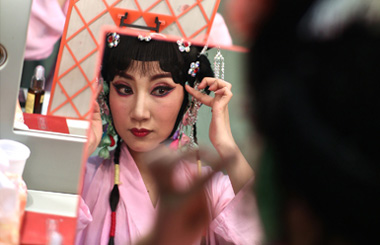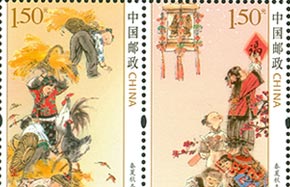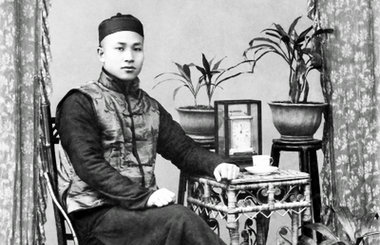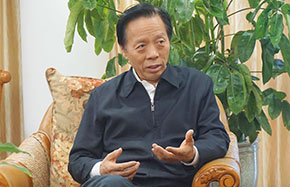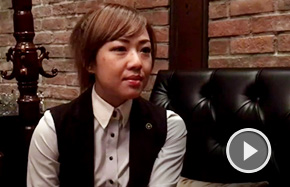Living and expectations
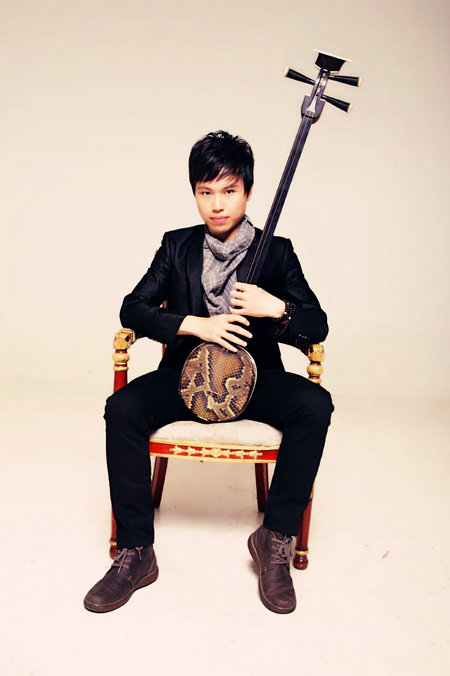 |
|
Wang Yu, son of traditional Chinese art master in Chinese instrument. [Photo provided to China Daily] |
Traditional instrument
Wang Yu feels less pressure despite his family tradition of playing the sanxian, a three-stringed Chinese lute, from the Song and Yuan dynasties (960-1368).
At age 28, he is not just a sanxian soloist with the China Broadcast Traditional Orchestra, where he plays the traditional instrument, but also a member of the band of folk-rock singer-songwriter Hao Yun, along with whom Wang gives a modern edge to his instrument by combining it with Western sounds, such as blues and jazz.
"The older generations like the traditional sound of the instrument, while I prefer adding new elements to it," says Wang Yu, whose grandfather, Wang Zongkui, and uncle Wang Feng are sanxian soloists with national troupes.
"Unlike the erhu and the pipa, there are not too many compositions for the sanxian. So, after I learned to play the instrument, I always improvised a little bit."
Besides learning to play the sanxian, he also learned other instruments in Peking Opera bands for six years at the affiliated middle school of the National Academy of Chinese Theater Arts. He learned Western music, such as pop composition at the Central Conservatory of Music, from the age of 18 to 25.
Born and raised in a hutong (alley), Wang Yu is nostalgic about his childhood, which inspired him to compose the work titled Hutong Impression in 2014.
Released on his Sina Weibo account, more than 20,000 people listened to his work within 24 hours of being posted.
Recently, he performed in the drama Neighbors, which is produced and performed by the Beijing People's Art Theater.
For the drama, he composed 17 pieces, which took the audience back to Beijing's alleyways and courtyards. In the compositions, he also used sounds, which conjured up images of the hutong.
"The sanxian is like my mother tongue. But, with the other music I learned, I have updated the sound of the sanxian," says Wang Yu. "It's not a violation of the tradition. It just helps the instrument reach a wider audience."
Contact the writer at chennan@chinadaily.com.cn






